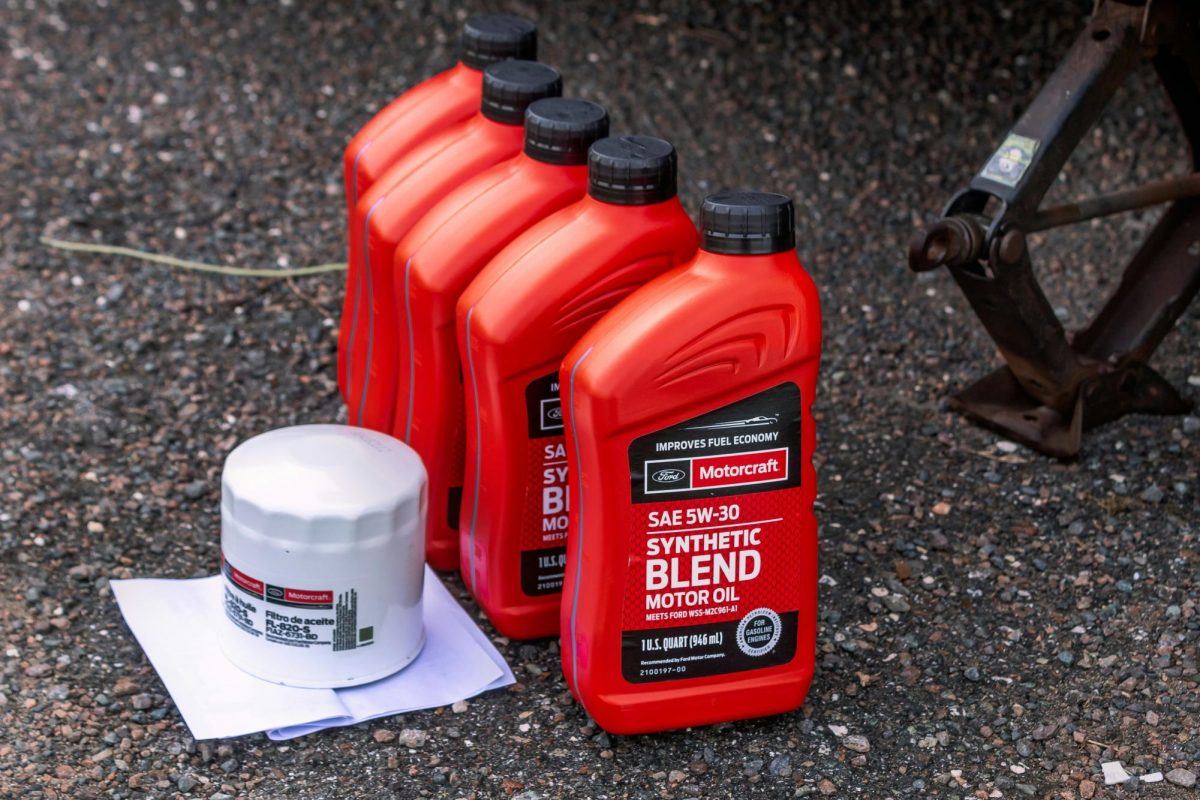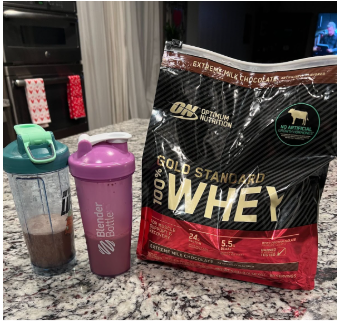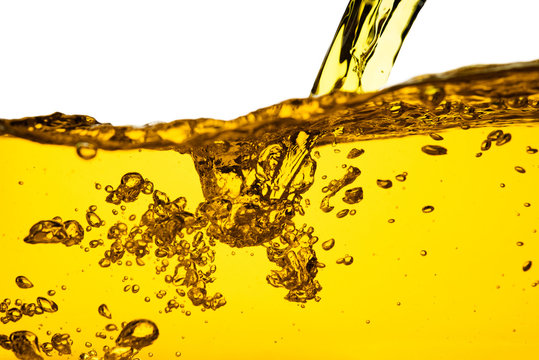Vegetable oil is a commonplace ingredient in most restaurants, used primarily for frying food items. Pour some in the tank of your truck, however, and with the right equipment, it can take you to wherever you’ll need to go. But can you really replace diesel fuel, refined and specialized for particular engines, with ordinary vegetable oil?
Pouring the oil directly into the engine is, of course, a very bad idea. However, with some minor at-home modifications, it can indeed serve as a valuable fuel alternative.
“It’s a cleaner and cheaper alternative to diesel,” local student Danny Eckman describes. “It is very simple to make at home. All you need is the vegetable oil, and if you want to make it run better, you can add a small amount of kerosene.”
Multiple different mixtures of diesel and vegetable oil can be used in your engine. As well as kerosene, petroleum diesel can be mixed in to help give the mixture a viscosity that’s better suited for the motor. Without an additive, any unburned oil can clog the engine and damage it.
The engine itself can be altered to better handle the new fuel as well. Different methods can be used to help heat the oil, which thins it and improves its performance, and filter it, which can be achieved through specialized fuel injectors.
“I learned about it on the English TV show Top Gear, “ said Eckman. “It interested me quite a bit, and sparked my curiosity to try it when I get a car.”
While Eckman has yet to acquire a diesel engine to try this unique fuel substitute on, he plans to completely convert a vehicle to run on vegetable oil without any issues in the near future.
Even if you should manage to switch your motor’s intake from diesel to cooking oil, it does not present a drastic cost relief. Unfortunately, the oil costs marginally less than actual fuel, and is generally harder on the engine’s lifespan. With oil prices skyrocketing in recent years, however, vegetable oil may indeed begin to find its way into more and more vehicles.






































